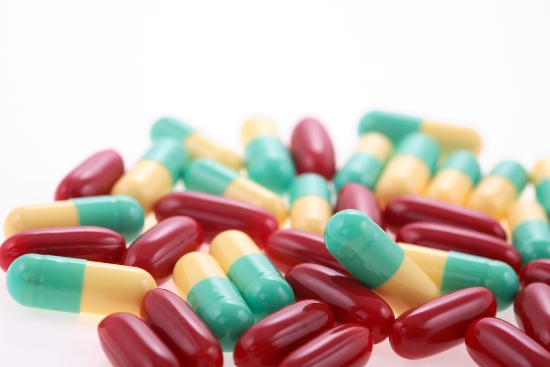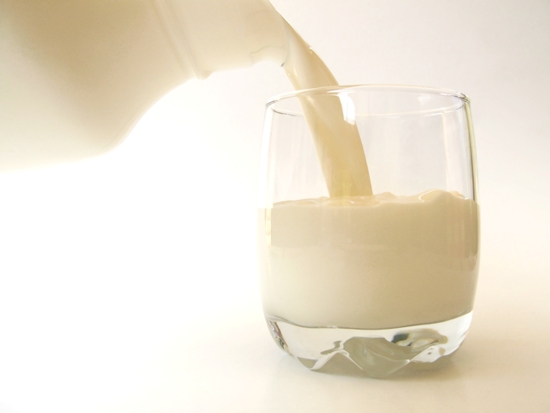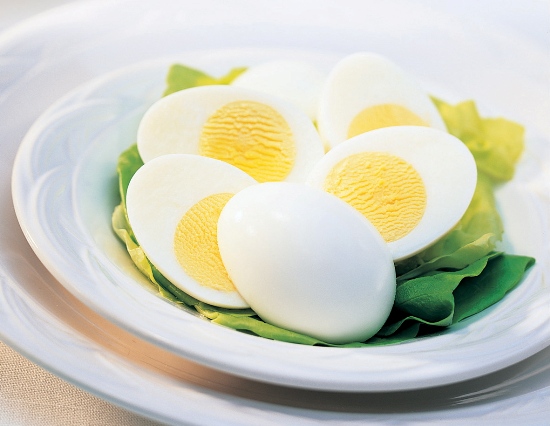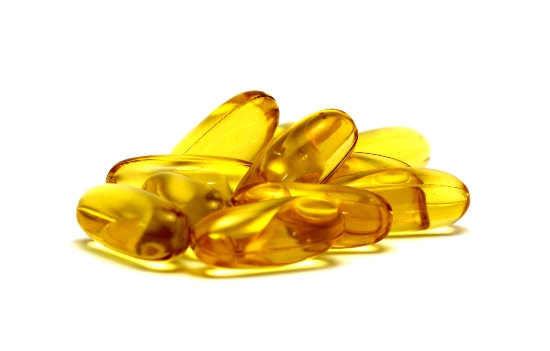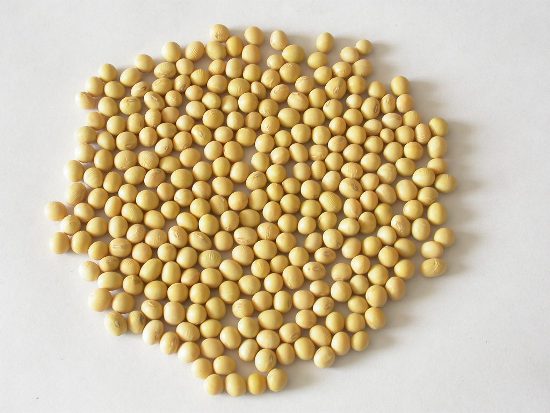Aging is a common phenomenon experienced by both women and men, but the kind of changes and their needs differs. After the age of 40, women start to go through a lot of hormonal changes, resulting in physical as well as well as psychological changes. Though most women do not hit menopause in the early 40s, according to statistics, approximately 8% of women experience menopause before they hit 40 years. Changes in the reproductive system and increased health problems are obvious signs of aging in women.
When one passes into the middle adulthood stage, the personal life and the professional life may seem to be demanding and it could be more aggravating due to the physical and emotional changes. As one ages, the capacity of organ functioning decreases but these changes are usually not so dramatic and one would not become helpless and vulnerable if a good diet and lifestyle is religiously followed. How much ever the pressure of life press upon, one can always age with elegance and confidence.
1. Multivitamins
Multivitamins are an admixture of different vitamins like vitamin A, B, C, D and E. Multivitamins help in soothing the pain of arthritis, reducing PMS (premenstrual syndrome) and other such problems that arise with age. There are many multivitamin tablets that make use of cheap synthetic materials. Hence, it is advisable to purchase multivitamins that are made out of 100% vegetarian origin and that it are certified by GMP (Good manufacturing Practices), which is the highest certification standard available for multivitamins.
Why should they be consumed?
They aid in digestive function, increase brain function, gives more energy, increase immunity, slow down the process of aging, and help in weight management. Some kind of illness or diseases can dry the natural reserve of vitamins in the body. Pancreatitis and ulcerative colitis can deplete the vitamins such as D, E and K from the body. There are studies which show that consuming 5000 IU of vitamin A can prevent HPV.
Natural alternatives:
It is always better to consume multivitamins in food for maximum safety. Food such as dairy products, dark leafy vegetables, carrots, mangoes, apricots, eggs, fish and chicken liver have the most vitamin A. Foods such mushrooms, eggs, meat, peas, beans and sunflower seeds have vitamin B. Food such as papaya, oranges, bell pepper, brussels sprouts and cauliflower are a good source of vitamin C. Foods such as salmon, shrimp, milk, dairy foods and fish oils are good sources of vitamin D. Foods such as seeds, nuts, eggs and flax are a good source of vitamin E. Foods such as soybeans, watercress, cabbage and parsley contains the most of vitamin K.
2. Calcium
Calcium is the most available mineral in the body but a specific amount should be consumed on a daily basis to prevent diseases and other disorders. Vitamins and other nutrients work together in order to provide maximum benefits. For example, calcium needs vitamin D to be absorbed into the blood stream. Women between the age of 40 to 50 years can have the maximum intake of 2,500 mg of calcium on a daily basis and women above the age of 50 years need a maximum of only 2,000 mg of calcium. Right amount of calcium intake can also help in weight management.
Why should it be consumed?
Calcium helps in various functions such as muscle functions, nerve transmission, hormonal secretions and metabolic functions. Calcium is a very important mineral for women as deficiency of it could lead to osteoporosis, blood pressure or hypertension, cancer of the colon and rectum and cardiovascular diseases. Calcium and phosphate are the two elements needed for proper bone growth. If the body does not get enough calcium or if any illness prevents the absorption of enough calcium into the body, the bone tissues may struggle. As one ages these minerals are absorbed back into the body, resulting in weaker bones.
Natural alternatives
Dairy products, orange juice, mozarella, salmon, spinach, chinese cabbage, broccoli, kale, cornmeal and almonds are good sources of natural calcium.
3. Vitamin D
Vitamin D is needed for strong bones, muscle functioning and immune resistance. It helps in proper absorption of calcium which prevents bone diseases. It helps in muscle functioning, where it helps the nerves to carry messages from the brain to other parts of the body and vice versa. It also helps in the strengthening of the immune system , where it prevents the attacks of bacteria and virus.
Why should it be consumed?
This is a very important vitamin for women as it helps in preventing osteoporosis, a bone disease affecting women. Statistics warn that 1 out of every 5 American women above the age of 50 has osteoporosis. Deficiency of vitamin D can also cause osteomalacia in adults which is caused by soft , thin fragile bones. The needed amount of vitamin D an adult should consume till the age of 70 years should be 600 IU and women above 71 years old should consume 800 IU.
Natural alternatives
Fatty fishes such as tuna and salmon, beef liver, cheese, egg yolks, fortified milk, yogurt and oranges are some of the food items which are a good and natural source of vitamin D.
4. Fish Oil
Fish oil is made from oily fishes such as tuna, mackerel, salmon, herring, lake trout and sardines. The oil contains omega 3 fatty acids which prevents or reduces a number of diseases such as heart problems, skin disorders, diabetes, arthritis and such. Omega 3 fatty acids are essential fatty acids which the human body cannot naturally produce and should be consumed through food. Omega 3 fatty acids are also known as polyunsaturated fatty acids (PFA).
Why should it be consumed?
Omega 3 fatty acids are said to prevent or control diseases and disorders such as menstrual pain, breast cancer, high cholestrol, high blood pressure, diabetes, arthritis, rheumatoid arthritis, bipolar disorder, schizophrenia, skin disorder, inflammatory bowel disease (IBD), macular degeneration and many others. It is also said to increase the calcium content in the body and improve bone strength preventing osteoporosis.
Natural alternatives
Some of the fishes that contain omega 3 fatty acids are tuna, salmon, halibut and herring. Some of the nuts and oils that contain omega 3 fatty acids are flaxseeds, rapeseed oil, soya bean oil, pumpkin seeds, walnuts and perilla seed oil. Other sea food such as krill and algae also have omega 3 fatty acids.
5. Soy isoflavones
Soya bean is a kind of bean that is rich in soy isoflavones, which is considered to prevent diseases such as cancer. There are a lot of supplements for soy isoflavones which are extracted form soybean available in the market. Some supplements can contain a synthetic form of isoflavones called ipriflavone, which one should be careful not to choose if wants to have a 100% natural vegetarian supplement.
Why should it be consumed?
Studies reveal that soy isoflavones positively influence the hormonal levels of women during menopause. They are also known to maintain the density of the bone in women, reduce menopausal symptoms
, reduce cholesterol and other heart diseases risk. All 8 essential amino acids are present in soybean, which makes it a good protein source. Soy bean is also a good source of protein, low in saturated fat and has less cholesterol.
Natural alternatives
Soya bean is a bean that is used in soy milk, tofu, soy sauce, miso and as a replacement of meat for vegetarians all around the world. Isoflavones are found to be rich in soybean and red clover.




